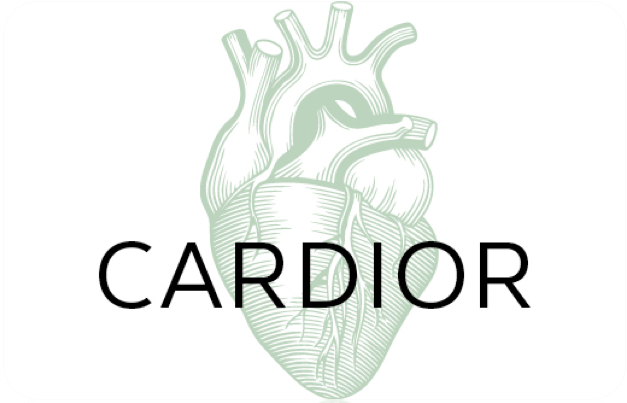News
Company News: Cardior Pharmaceuticals Demonstrates Reversal of Heart Failure with Lead Compound CDR132L

— Study by international research team published in Nature Communications
— Preclinical proof-of-concept of CDR132L established
— Inhibition of a regulatory microRNA restores cardiac function
Cardior Pharmaceuticals GmbH, a clinical-stage biotech company focused on the development of noncoding RNA (ncRNA) therapeutics for patients with cardiovascular diseases, today announced a publication in Nature Communications demonstrating that its lead compound CDR132L is able to reverse heart failure in preclinical in vivo studies. The research was conducted by an international team of scientists from Austria, Germany, Hungary, and the U.K.
The compound is an antisense oligonucleotide inhibiting the microRNA 132 (miR132), a non-coding microRNA that regulates cardiac hypertrophy and autophagy in cardiomyocytes by targeting well-defined pathways. Expression of miR132 is increased in various pathological cardiac conditions in both animals and humans, and previous animal studies have shown that miR132 is both necessary and sufficient to drive the pathological growth of cardiomyocytes. miR132 is directly addressing the main causes of heart failure and therefore considerably differs from existing, mainly symptomatic therapies.
“miR132 is a regulatory master switch to control cardiac function and a promising therapeutic target in heart failure therapy,” said Dr. Thomas Thum, Professor at Hannover Medical School, CSO of Cardior and corresponding author of the study. “In our publication, we demonstrate in various in vivo models that inhibition of miR132 is effective in reversing severe heart failure. We also show that elevation of miR132 levels in cardiomyocytes has negative effects on their contractile kinetics but can be normalized by antimiR-132 treatment.”
First, the researchers demonstrated this effect in murine models overexpressing miR132. The team then investigated the compound in a larger model of heart failure closely mimicking the clinical situation in patients after myocardial infarction. These patients often develop heart failure despite successful cardiac catheterization. In the in vivo study, Cardior´s compound CDR132L effectively prevented maladaptive growth and remodeling and restored cardiac function in a dose-dependent manner. For a therapeutic effect, only two administrations of the compound were necessary.
“This important publication adds to our large body of evidence that CDR132L effectively halts and reverses heart failure by blocking a crucial regulatory RNA,” said Claudia Ulbrich, CEO of Cardior. “If the currently ongoing clinical development continues to be successful, our approach will not only lead to an effective, causal treatment of heart failure, but may also pave the way to develop treatments of other complex diseases based on targeting non-coding regulatory RNAs.”
###
